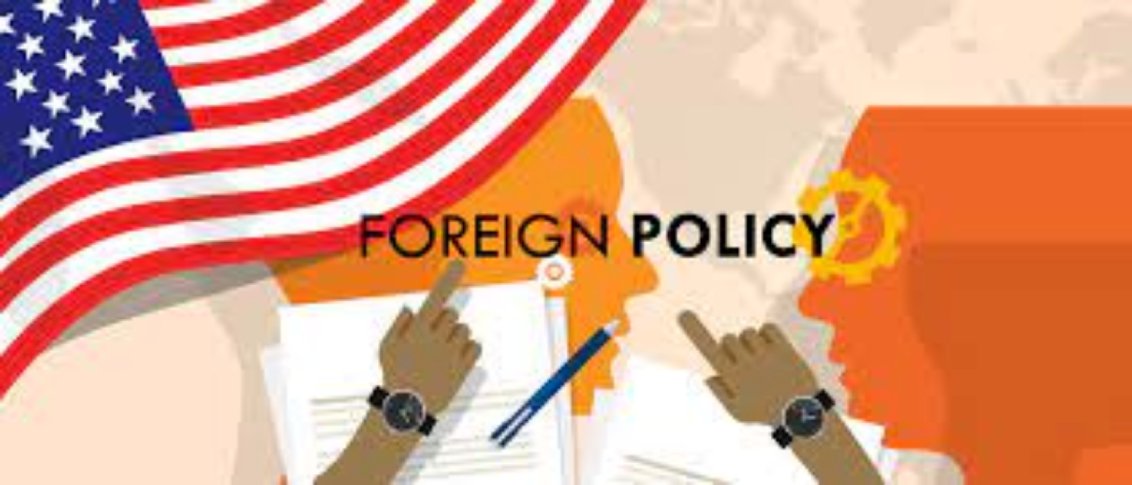In the cozy living room of my grandparents’ home, where family gatherings were as much about sharing stories as they were about imparting wisdom, I first learned the value of thoughtful conversation. My grandfather, a man of few but impactful words, often spoke about the intricate dance of diplomacy like it was an art form—something that required patience, understanding, and a deep appreciation for nuance. This memory came flooding back to me recently as I pondered the current state of media criticism regarding how journalists question government officials about sensitive diplomatic strategies.
It’s no secret that our world is more interconnected than ever before. The decisions made in one nation’s capital can ripple through continents with unforeseen consequences. Nowhere is this more evident than in discussions surrounding military responses and foreign policy strategies in regions fraught with tension, such as Iran or broader Middle East conflicts. Yet, when we turn to mainstream media for insights into these complex geopolitical issues, we’re often met with a barrage of questions aimed at government officials that seem to miss the mark.
The heart of my concern lies not with the necessity for accountability—this is paramount—but rather with the approach some journalists take when probing into matters that are inherently delicate and multifaceted. There’s an art to diplomacy that mirrors those cherished conversations in my grandparents’ living room: it requires listening more than speaking and understanding that not all answers can be straightforward.
Consider for a moment the potential ramifications of demanding black-and-white answers on subjects where gray areas dominate. In regions like the Middle East, where historical grievances intertwine with contemporary politics in complex webs, simplistic queries can not only fail to elicit useful information but might also exacerbate tensions or undermine delicate negotiations.
This isn’t just speculation; history offers us lessons on how rhetoric and public discourse can influence diplomatic efforts—for better or worse. During critical moments in international relations, carefully chosen words have paved pathways toward peace agreements while ill-considered comments have sometimes led to escalations rather than resolutions.
What then should be our approach? First and foremost is recognizing the human element at play within these geopolitical dramas. Behind every policy decision are individuals striving to navigate an array of pressures both domestic and international—a task daunting enough without added scrutiny lacking empathy or respect for complexity.
Journalists play an indispensable role in our society by holding power accountable; however, there’s also a responsibility to foster informed dialogue around foreign policy issues—one that appreciates subtlety over sensationalism. By asking questions grounded in genuine curiosity rather than seeking gotcha moments—questions that acknowledge complexities—we encourage nuanced discourse capable of moving beyond binaries.
As someone who has always believed deeply in preserving family and community values at home while promoting policies abroad rooted in mutual respect and understanding among nations—I see this balanced approach not just beneficial but essential.
Let us strive towards fostering environments—be they around dinner tables or within newsrooms—where meaningful exchanges prevail over polarizing interrogations. Just as my grandfather taught me years ago through his reflective pauses and considered responses: real strength often lies not solely what is said aloud but also what is thoughtfully left unspoken until clarity emerges amidst chaos.

Leave a Reply